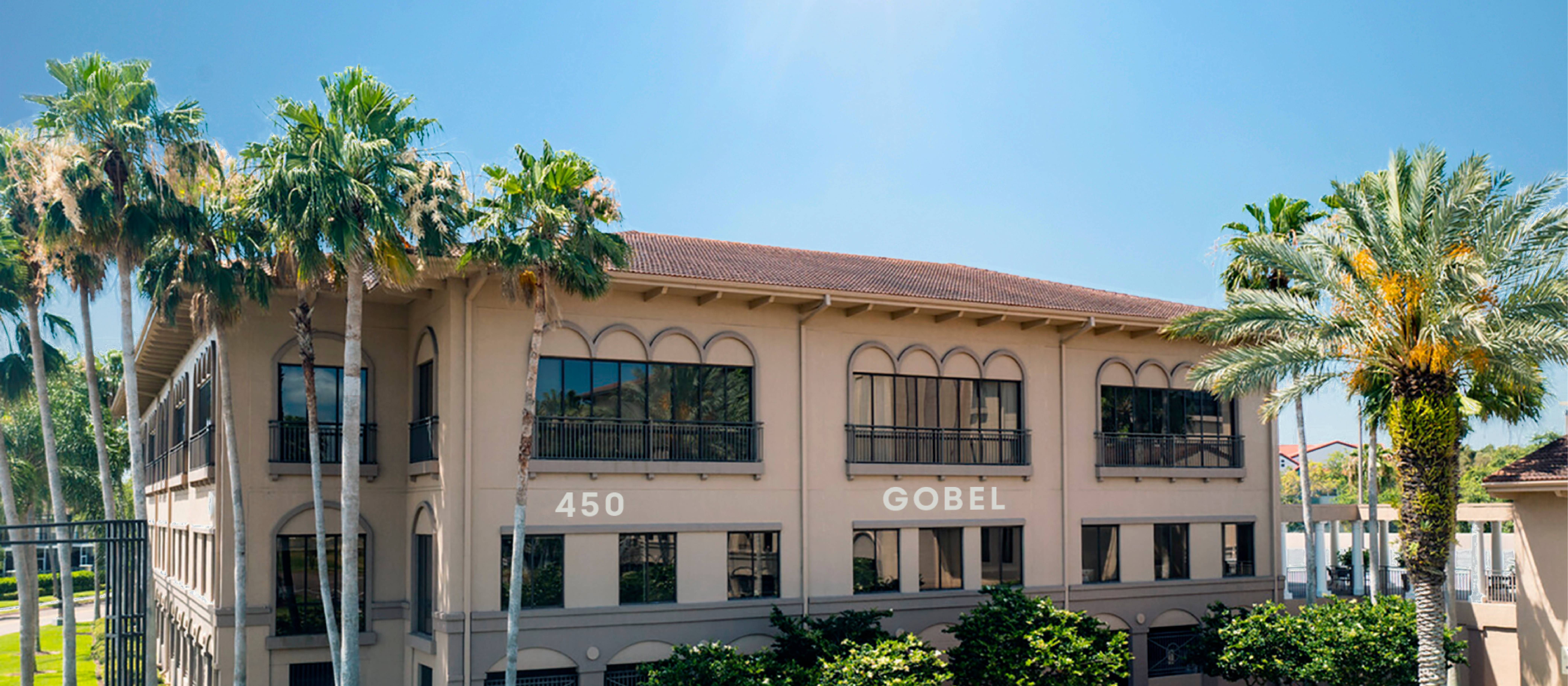
The average total cost of a medical education in the United States is over $235,000. The price can increase or decrease based on many factors, including in-state or out-of-state tuition rates, public schools versus private schools, and other factors. The high cost, sometimes paid for by acquiring student loan debt during one’s education, can have many impacts, including impacting a student’s choice in their area of specialization. Among the top 11 factors identified by the American Medical Association considered by medical students when choosing a specialty, 48% consider future income expectations and 22% consider education debt obligations. This has caused less profitable specialties like family medicine to continue seeing shortages and fewer residents choosing this important field.
Philanthropists nationwide have donated to support medical education scholarships, with the hope that students will choose the most needed but less lucrative specialties, such as primary care or pediatric medicine when they are not as concerned by high rates of educational debt.
Below is a summary of $10M+ philanthropic donations that made a significant impact on the costs of medical education in the United States, made since January 2020:
- In February 2024, The Albert Einstein College of Medicine announced a $1B gift from Ruth Gottesman which will provide free tuition for all medical students in perpetuity.
- In July 2023, The NYU Long Island School of Medicine received a $200M donation from Kenneth & Elaine Langone. The gift ensured all students will receive full-tuition scholarship, regardless of need, in perpetuity.
- In June 2021, the University of Utah announced a $110M donation from the George S. and Dolores Doré Eccles Foundation and the Nora Eccles Treadwell Foundation. Of the total gift, $40M is endowed for student scholarships.
- In September 2022, Edward Avedisian donated $100M to his alma mater, Boston University, to name the Boston University Aram V. Chobanian & Edward Avedisian School of Medicine. Included in the gift is $50M supporting scholarships for medical students.
- In September 2020, Meharry Medical College received a $34M gift from Bloomberg Philanthropies to provide scholarships for medical students with financial needs with the goal of increasing Black doctors and improve minority health nationwide.
- In August 2022, Howard University celebrated a $32.8M gift from Bloomberg Philanthropies to support scholarships for current College of Medicine students with financial need.
- The University of Nebraska Medical Center received a $23M donation from the Suzanne & Walter Scott Foundation, expanding the Walter Scott Jr. Scholarship Program.
- In July 2021, the University of Kentucky College of Medicine celebrated a $22M donation from Michael D. Rankin. As part of Dr. Rankin’s gift commitment, $12M will support the current “Michael Rankin MD Community Scholarship Endowment.” This scholarship provides support for medical students from rural Kentucky counties with unmet financial need.
- In April 2023, Holyoke Community College announced a $10M bequest intention from Margaret “Peg” and Gary Wendlandt. The gift will support student scholarships and college priorities.
Time will tell the impact of these generous donations. One potential indicator of the choices medical students make for their future specialties is in the National Resident Matching Program. The 2024 Match offered 19,423 primary care positions (defined as family medicine, internal medicine, or pediatrics), the largest number on record. There were 719 more primary care positions offered in 2024, and the fill rate for the specialties combined was 92.9 percent. While strong, the primary care fill rate fell slightly in 2024 by 1.4 percentage points, largely due to changes in pediatrics. We will continue to closely watch match rates and other indicators in future years to see what changes may come to the healthcare labor market.
How will universities providing scholarships offering partial or complete financial aid packages to medical students continue to impact US healthcare in the future? Share your thoughts with GOBEL at info@gobelgroup.com.
